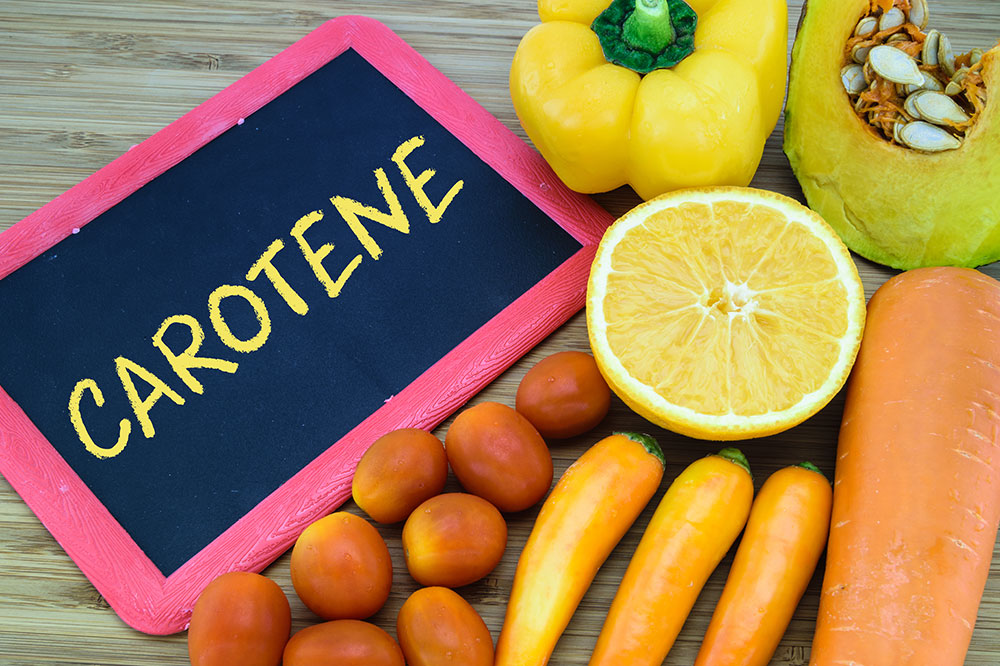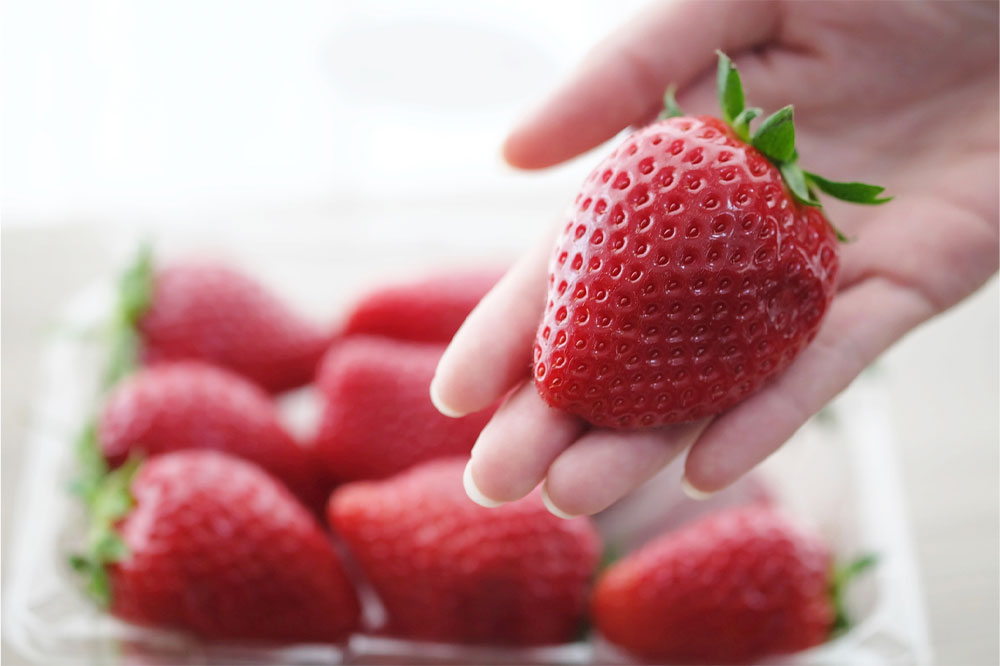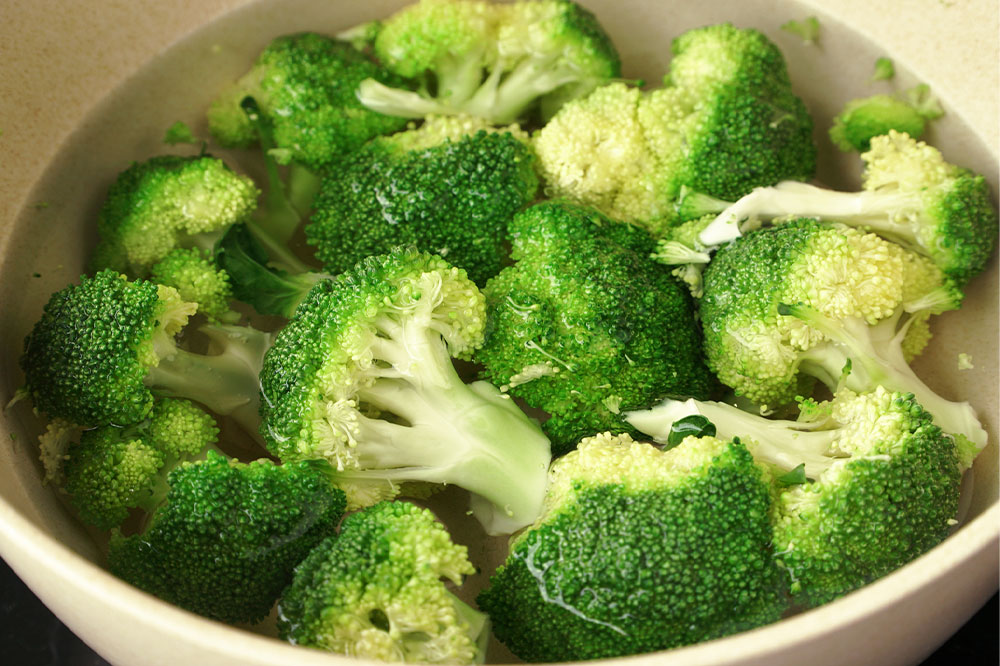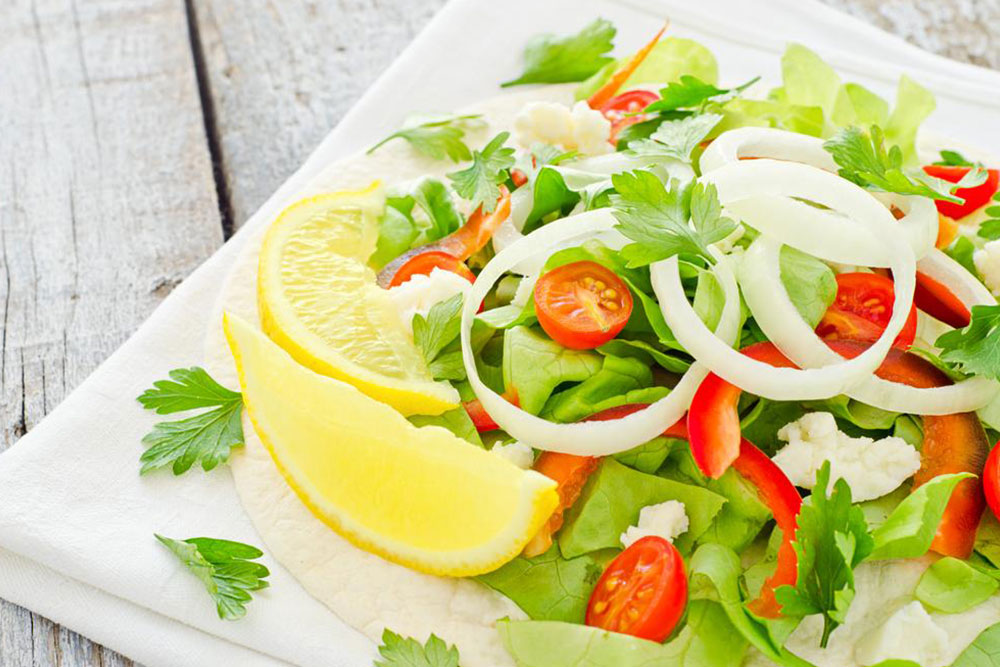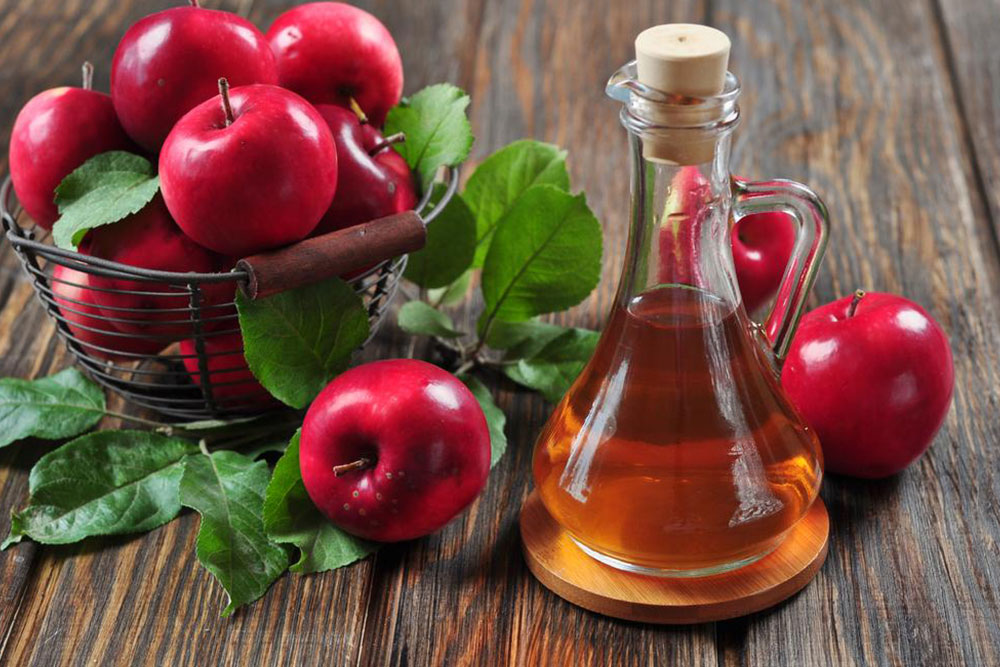Unlocking the Power of Natural Nutrients to Prevent Skin Cancer
Discover how natural nutrients like flavonoids, carotenoids, and sulforaphane from fruits, vegetables, herbs, and spices can play a vital role in preventing skin cancer. This detailed guide highlights food sources rich in these compounds, explaining their benefits and how incorporating them into your diet can boost skin health and reduce cancer risks. Learn about the science behind these natural agents and practical tips for a skin-friendly diet, emphasizing prevention strategies that complement sun safety measures for overall skin health.
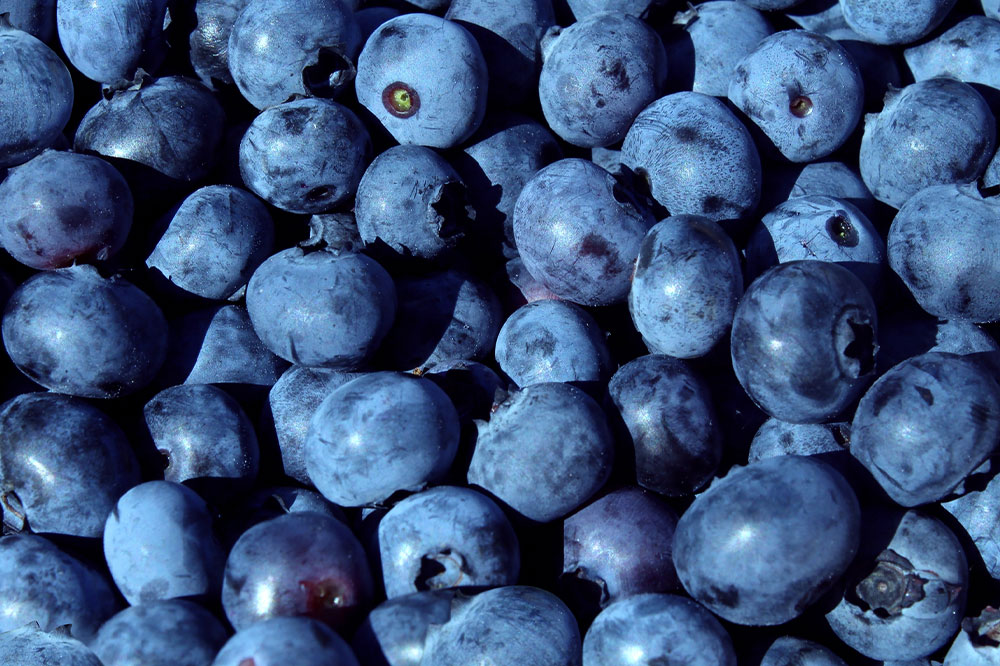
Protecting your skin from cancer involves more than just topical applications and sun protection—it also includes nourishing your body with natural, nutrient-rich foods known to support skin health and potentially reduce cancer risks. Recent scientific advancements have highlighted the significant role that specific natural compounds derived from fruits, vegetables, herbs, and other plant-based sources can play in preventing skin cancers such as melanoma, which remains one of the most dangerous and aggressive forms of skin cancer. This comprehensive guide explores the natural nutrients that may help shield you from skin cancer and how integrating these into your diet can promote overall skin health.
Research interests have increasingly focused on the origins of anti-cancer agents in nature. Historically, many medications utilized in cancer treatment are derived from natural sources, including marine organisms, microbes, and plants. For example, compounds like paclitaxel, originally extracted from the Pacific yew tree, have revolutionized cancer treatments. Currently, attention is turning toward naturally occurring phytochemicals that could act as preventive agents, especially in the context of skin cancer, which is highly preventable yet often overlooked until advanced stages.
Melanoma, in particular, presents unique challenges—it is highly metastatic and resistant to conventional therapies once advanced. Consequently, prevention remains the most effective strategy. Scientific inquiries now focus on identifying dietary elements that contain bioactive compounds with anticancer properties. These phytochemicals, including flavonoids, terpenoids, carotenoids, sulforaphane, and specific vitamins, have shown promising anti-inflammatory, antioxidant, and cell-regulating effects that can potentially reduce the development of melanoma and other skin cancers.
Understanding the science behind these compounds is crucial. Phytochemicals like flavonoids, found in a variety of fruits and vegetables, exhibit potent anticancer activities by neutralizing free radicals—unstable molecules that can damage DNA and lead to cancerous mutations. Similarly, terpenoids, which give many herbs and spices their distinctive aroma, have been shown to modulate immune response and inhibit tumor growth. Carotenoids, responsible for the vibrant orange and yellow hues of many produce, possess antioxidative properties that protect skin cells from oxidative stress caused by ultraviolet radiation and environmental pollutants.
Additionally, sulforaphane, a powerful compound in cruciferous vegetables, has demonstrated the ability to activate detoxification enzymes and induce apoptosis (programmed cell death) in abnormal cells. Vitamins such as C, E, and A, vital for maintaining skin integrity and providing antioxidant defenses, further contribute to the protective effects against skin damage and carcinogenesis.
For those interested in leveraging natural nutrients to prevent skin cancer, integrating diverse plant-based foods into daily meals is highly recommended. Not only do these nutrients support skin health, but they also contribute to overall wellness and disease prevention. Below, we dive deeper into specific food sources rich in these protective compounds and practical tips on how to include them in your diet.
Key Natural Compounds and Their Food Sources for Skin Cancer Prevention
Flavonoids: These compounds, renowned for their strong antioxidant and anti-inflammatory properties, are prevalent in berries (blueberries, strawberries), cruciferous vegetables (cabbage, broccoli), onions, kale, teas (green and black), dark chocolate, and citrus fruits (oranges, grapefruits). Consuming a variety of these foods can boost your body's capacity to neutralize free radicals that damage skin DNA.
Terpenoids: Found abundantly in fragrant herbs and spices such as basil, rosemary, cinnamon, oregano, and cloves, as well as in fruits like mangoes, apples, and citrus. These compounds have been associated with anti-inflammatory effects and tumor suppression activities.
Carotenoids: The vibrant orange and yellow pigments present in carrots, sweet potatoes, pumpkin, cantaloupe, tangerines, tomatoes, and winter squash are powerful antioxidants. Regular consumption of carotenoid-rich foods has been linked to a reduced risk of skin cancer by protecting skin cells from oxidative stress caused by UV rays.
Sulforaphane: This is predominantly found in cruciferous vegetables—broccoli, cauliflower, kale, cabbage, Brussels sprouts, bok choy, and watercress. Sulforaphane enhances the body’s ability to detoxify carcinogens and stimulate apoptosis of damaged cells, thereby lowering cancer risk.
Vitamins: Vitamins C, E, and A are crucial for skin health. Citrus fruits, nuts, seeds, sweet potatoes, carrots, and colorful vegetables like red peppers and spinach are excellent sources. These vitamins act as antioxidants and support skin regeneration, shielding against ultraviolet-induced damage.
Implementing a diet rich in these natural nutrients can be a powerful step toward reducing the risk of developing skin cancer. Combined with sun safety practices, such as using broad-spectrum sunscreens and wearing protective clothing, dietary choices greatly influence skin health and long-term cancer prevention.
In conclusion, embracing a colorful, plant-centric diet that includes foods rich in flavonoids, terpenoids, carotenoids, sulforaphane, and essential vitamins can provide your body with crucial defense mechanisms against skin carcinogenesis. Ongoing research continues to explore the potential of natural compounds, opening new avenues for preventative nutrition strategies. Remember, early detection and strong preventive measures—including dietary choices—are key to safeguarding your skin's health for years to come.
